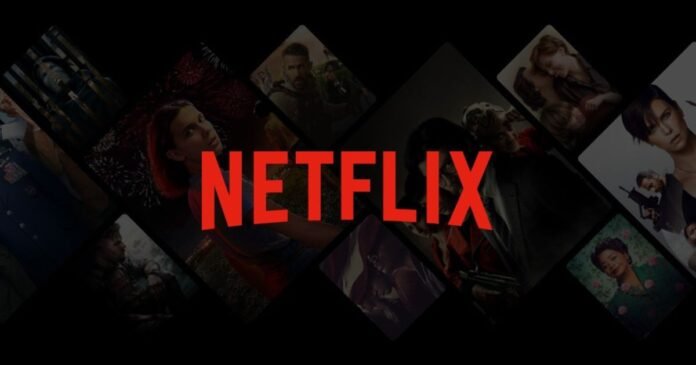In a notable shift, international Over-The-Top (OTT) platforms have adopted a policy of showcasing censored versions of Indian films globally. This marks a departure from previous practices where digital versions often presented the director’s cut, reinstating scenes or language considered objectionable. Nowadays, international platforms align with Indian streaming services by featuring exact versions released in theaters, adhering to the standards set by the Central Board of Film Certification (CBFC).
Censorship on International OTT Platforms
A recent report highlights Netflix’s transition to streaming censored Indian films following CBFC approval. Interestingly, these versions are not limited to Indian audiences but are broadcast globally, adhering to the same censorship standards. Many of these edited films include political references, particularly those related to the current government.
Illustrating this trend are instances from this year alone, where popular Hindi films like Bheed and OMG 2, along with the Tamil action-packed film Leo, were globally streamed in censored forms. For instance, in Bheed, a film portraying the country’s early days dealing with COVID-19, voiceovers featuring Prime Minister Narendra Modi and Delhi CM Arvind Kejriwal were edited as per CBFC guidelines, despite filmmakers having presented an alternative cut.
Similarly, the Tamil film Japan, with Karthi in the lead, originally included references to industrialists named “Ambani [and] Adani” in a scene. However, the version currently streaming on Netflix omits these names. This cautious approach is not exclusive to a single platform, as most OTT services now exercise prudence, a response amplified by the Tandav controversy of 2021.
Tandav Controversy and Legal Repercussions
The Tandav web series on Amazon Prime Video sparked considerable controversy in January 2021. Accusations of religious insensitivity arose after a scene featured actor Mohammed Zeeshan Ayyub as the god Shiva. The makers apologized, and the scene was altered, but legal repercussions continued, with Amazon Prime Video’s head of originals in India, Aparna Purohit, also facing legal action.
Response from OTT Platforms
In response to these changes, Netflix issued a statement to The Hindu, stating, “We have an incredibly broad range of Indian original films and TV shows, all of which speak to our longstanding support for creative expression.” Despite inquiries, major OTT platforms have remained tight-lipped on the subject, leaving questions surrounding the evolving landscape of censorship in the streaming world. The ongoing shift toward presenting censored versions underscores a new era of caution and compliance among OTT platforms, shaping the content available to global audiences.
